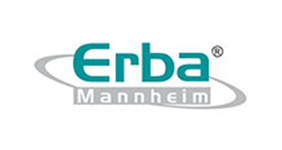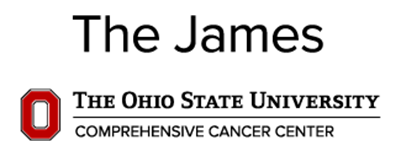Omnia Health Live - Industry Talks On Demand
At Omnia Health Live, we were delighted to present the Industry Talks room, dedicated to healthcare companies leading the way forward when it comes to innovation in the healthcare industry. Our valued partners have designed exceptional content, and now you can catch up with any of these company updates and research case studies you may have missed during Omnia Health Live.
Simply click on the sessions that interest you, fill in your details and watch for free!
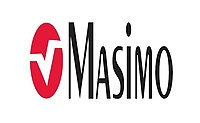
Hemoglobin, Coagulation & Oxygenation in COVID-19 Patients
Presented by Masimo, this clinical webinar features an international panel of experts, including Dr. Lorenzo Berra, Anesthesiologist and Medical Director of Respiratory Care at Massachusetts General Hospital, Dr. Beverley Hunt, Professor of Thrombosis and Haemostatis at King’s College London, and Dr. Mark Robinson, Consultant Haemotologist at Cambridge University.
Learning objectives:
- COVID-19’s effect on hemoglobin and oxygen carrying capacity
- COVID-19’s effect on coagulation and thrombosis management
- Ventilation strategies to improve oxygenation
Clinical Value of Spike Protein Antibody in the Diagnoses of SARS-Cov-2 Infection
The novel coronavirus COVID-19 pandemic has now claimed hundreds of thousands of lives worldwide. Both molecular tests for active SARS-CoV-2 antigens and serological tests for the presence of antibodies are key tools for identifying affected individuals and for understanding the immune response in those who have been previously infected with coronavirus and have developed antibodies to it. Building on its strong commitment to the fight against COVID-19, Beckman Coulter has developed new serology assay (SARS-CoV-2 IgG) with the highest level of quality to help reduce social and economic impacts of the COVID-19 outbreak.
This presentation will discuss the current and future role of antibody testing in overcoming the COVID-19 pandemic, the diagnostic value of SARS-CoV-2 spike (S) protein in inducing highly potent neutralizing antibodies, the need for efficiency in SARS-CoV-2 antibody testing, and how governments now beginning to make use of antibody tests data to decide on re-opening the economy and getting employees back to the workplace.
Learning objectives:
By the end of the session, participants will learn about:
- Role of serology testing in COVID-19 and the science behind it
- Scientific insights into clinical value of spike protein in COVID-19 testing.
- Current global guidelines and recommendations for SARS-CoV-2 diagnosis
- Analytical performance of the high-quality Access SARS-CoV-2 IgG test.
COVID-19: Essential update for Clinicians and Laboratory Managers
The novel coronavirus disease 2019 (COVID-19) is a severe systemic infectious pathology caused by acute respiratory syndrome coronavirus 2 (SARS-CoV-2). The diagnosis of SARS-CoV-2 infection relies on direct detection (and potential quantification) of viral RNA by using reverse-transcription polymerase chain reaction (RT-PCR) in upper and lower respiratory tract specimens of suspected cases. Virus RNA can also be detected in other biological matrices such as blood, urine, stools, saliva, tears, breast milk and throat washing , but their diagnostic use remains has not been validated as yet.
Serological testing provides a rather different information. According to reliable evidence, that the vast majority of COVID-19 patients develop an immune response against SARS-CoV-2, especially characterized by onset of anti-SARS-CoV-2 IgGs, between 1-2 weeks after the onset of symptoms. Their role is hence confined to demonstrate the development of an immune response against the virus once a diagnosis has been made with molecular biology and, in some dubious cases, for complementing- but not replacing - RT-PCR. The IgA and IgM response is instead more variable, and the diagnostic significance of these immunoglobulin classes remains still uncertain. Other important areas of uncertainty concern the persistent neutralizing activity against the virus of anti-SARS-CoV-2 antibodies and the length of their further permanence after the infection. The availability of rapid tests for detecting either viral antigens or anti-SARS-CoV-2 antibodies represent a potential opportunity for epidemiologic surveillance, though more data would be needed on accuracy and reliability of the currently available kits.
Learning objectives:
By the end of the session, participants will learn about:
- Genetic structure of SARS-CoV-2, virus shedding and persistence on surfaces
- ACE2 expression and optimal sourcing of virus samples from patients
- Hospitalisation rates and symptoms
- Pathological characteristics and viral mutations
- Viral load in symptomatic and non-symptomatic patients
- Role, clinical performance and limitations of RT-PCR
- Role, clinical performance and limitations of serological testing (rapid tests and ELISA)
- Protective immunity and duration of anti-SARS-CoV-2 antibodies
Re-Think Diagnostics
Join Ann Costello, Head of Centralised Solutions and Point of Care at Roche Diagnostics, as she talks about the value of diagnostics during and post-Covid-19 and how Roche plans to meet the challenges of an increasingly complex healthcare environment to make a real difference in the lives of patients.
Learning objectives:
By the end of the session, participants will learn about:
- The importance of diagnostic testing in responding to a global public health emergency
- The role of diagnostics in the post-COVID-19 healthcare environment
- Roche’s strategic priorities to help close gaps in patient care
Post-COVID 19 Plans to Provide Exceptional Care to the People of Los Angeles and the World
Moderated by BioscienceLA, please join us for a webinar hosted by leading Los Angeles medical centers - CedarsSinai, City of Hope, UCLA Health and Keck Medicine of USC - that combines the expertise of clinicians,researchers and innovators alike. Join the city's top speciality care providers as they discuss their plans for continuing to provide excellent medical care post COVID-19 pandemic.
Learning objectives:
Join business, clinical and innovation hospital leaders from Cedars Sinai, City of Hope, UCLA Health and KeckMedicine of USC in an engaging discussion:
- Hear from top Los Angeles health sector experts about their future plans to continue providing safe,exceptional specialty care.
- Learn about the top priorities of Los Angeles's business, clincial and innovation hospitals leasers in the post-COVID era.
- Discuss the unique strategies Cedars Sinai, City of Hope, UCLA Health and Keck Medicine of USC will engage to put their patients first
Future Transformations in Cancer Research and Care
According to the WHO, cancer continues to be the second leading cause of death globally. Survival rates have improved for many cancers in some countries, but there is still much work to be done.
Join experts from The Ohio State University Comprehensive Cancer Center – Arthur G. James Cancer Hospital and Richard J. Solove Research Institute (OSUCCC – James) for an exciting webinar that will cover ground breaking work in the treatment of cancer and insights in to what the future holds for cancer research and care in the areas of immuno-oncology, cancer engineering, hematology, radiation oncology and digital pathology.
Learning objectives:
- Learn from experts at the OSUCCC – James the latest innovative approaches to cancer care in the areas of hematology, radiation oncology and digital pathology.
- Describe the research that is taking place at the OSUCCC – James to further improve cancer care.
- Learn from experts at the OSUCCC – James what the future holds for cancer research and care.
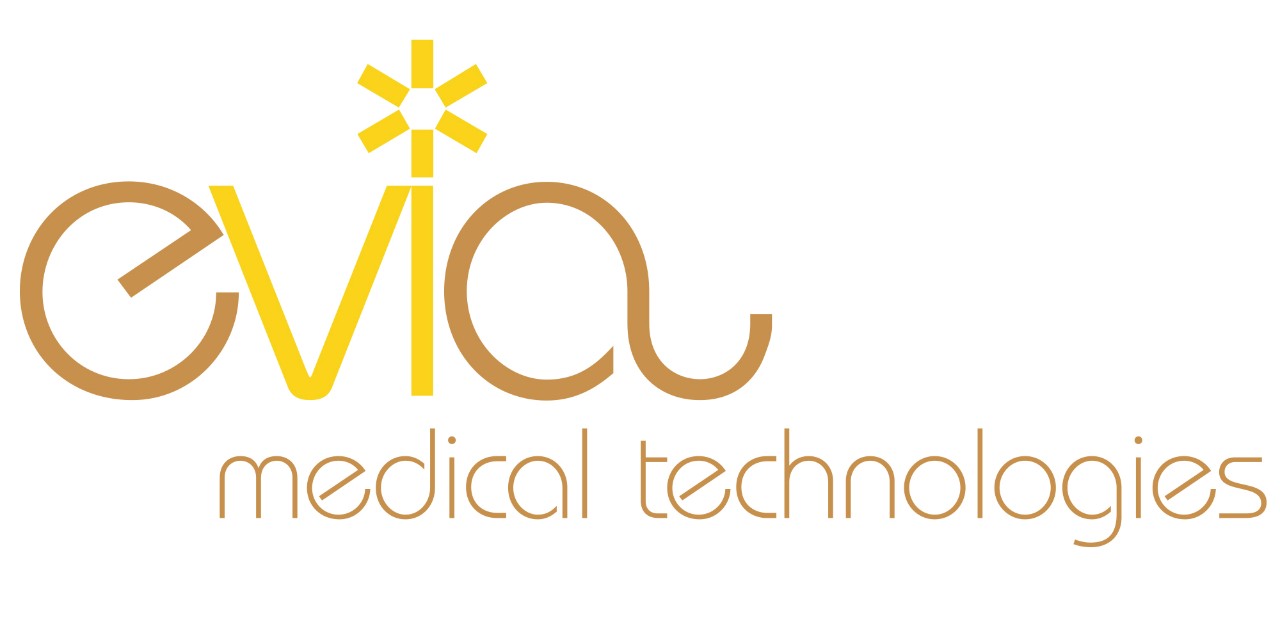
Breakthrough Technologies for Diabetes and its Complications
The presenter will review two new technologies including non invasive glucose monitoring as well as a wound care device. Aside from reviewing the scientific background, the presenter will give clinical examples from his use of the devices.
Learning objectives:
- A basic scientific understanding of how the two technologies presented work
- A clinical understanding of when and how the technologies can and should be implemented
- A familiarity with cases utilizing the technologies
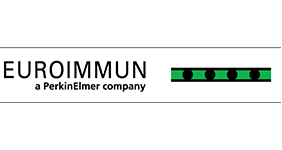
Antibody-associated autoimmune encephalitis: an overview
Paraneoplastic and autoimmune encephalitis with autoantibodies to intracellular or neuronal surface proteins induce characteristic clinical syndromes such as limbic, multifocal or diffuse encephalitis. While classic paraneoplastic syndromes most likely result from a T cell response and intracellular antibodies are considered as epiphenomenon, there is strong evidence that surface antibodies mediate defective synaptic signalling by interfering with the targeted antigen. In this presentation I will describe different subtypes of autoimmune encephalitis and discuss the underlying mechanisms that lead to synaptic dysfunction and tissue damage. Moreover, I will give an overview on antibody test methods and describe potential pitfalls and limitations.
Learning objectives:
By the end of the session, participants will learn about:
- The audience should be able to differentiate between autoimmunity associated with intracellular and surface antibodies
- The audience will get an insight into the broad clinical spectrum of anti-neuronal autoimmune encephalitis and learn that surface autoimmunity is usually associated with good response to immunotherapy
- The audience will see that onconeuronal and surface antibodies are tested with different assays and learn about limitations and pitfalls.
- The audience should be aware that diseases associated with glial antibodies such as MOG-antibodies are an important differential diagnosis to anti-neuronal autoimmune encephalitis

When Matched Siblings and Unrelated Donors Are Not Available: Haploidentical Hematopoietic Stem Cell Transplant for Malignant and Non-Malignant Pediatric Diseases
Bone marrow transplant from a matched sibling or even an unrelated, matched donor has been a life-saver for pediatric patients with a variety of diseases, including various cancers as well as non-malignant disorders such as bone marrow failure syndromes, immunodeficiencies, and hemoglobinopathies. All too often, however, suitable donors are not available. Recent advances have enable the use of a parent, half-matched with the child (haploidentical), as a donor. We will review the historical utility of hematopoietic stem cell transplant for a variety of pediatric indications and describe the methods, risks and benefits of using haploidentical donors.
Learning objectives:
- Describe stem cell transplant as a curative option for pediatric malignant and non-malignant diseases
- List traditional transplant approaches using matched donors and their outcomes
- Describe emerging newer approaches using half matched donors
![mecomed.png mecomed.png]() Impact of COVID-19 on the MedTech industry in the MEA region
Impact of COVID-19 on the MedTech industry in the MEA region
MedTech industry leaders will discuss the impact of C-19 pandemics on the MedTech industry in the MEA region and will draw the learnings for the post-COVID-19 era. Mecomed Chairman will moderate the discussion between five industry leaders, representing different sectors ranging from essential COVID equipment to implants and other elective surgery products to in-vitro diagnostics.


